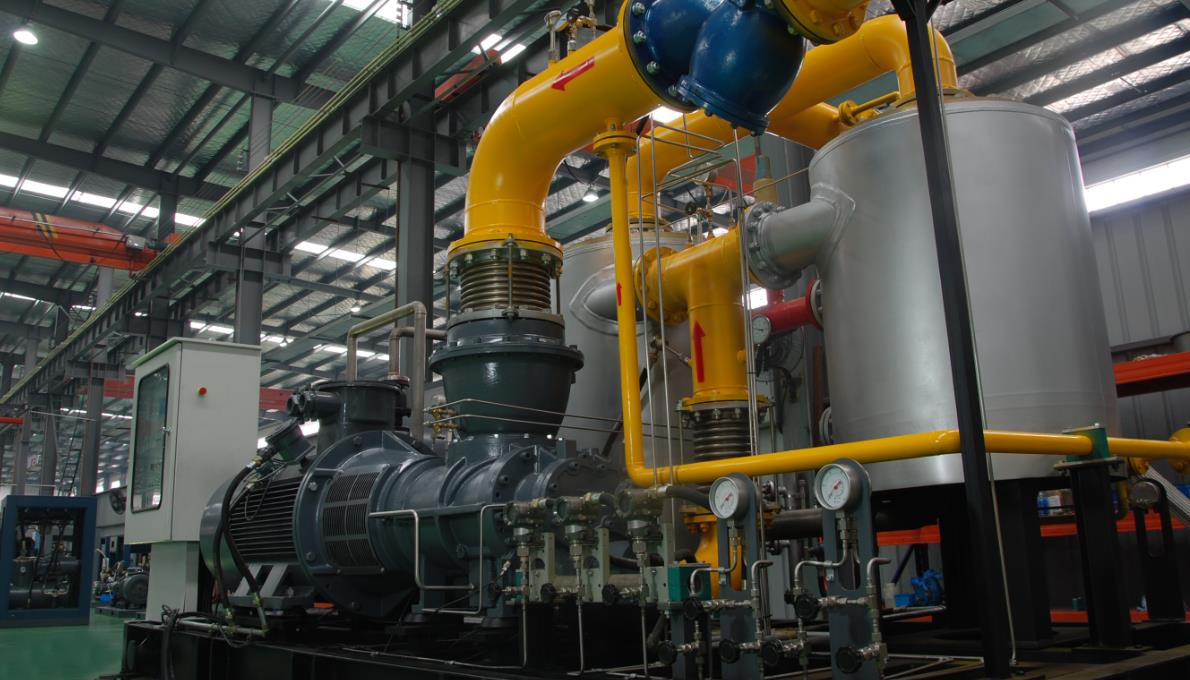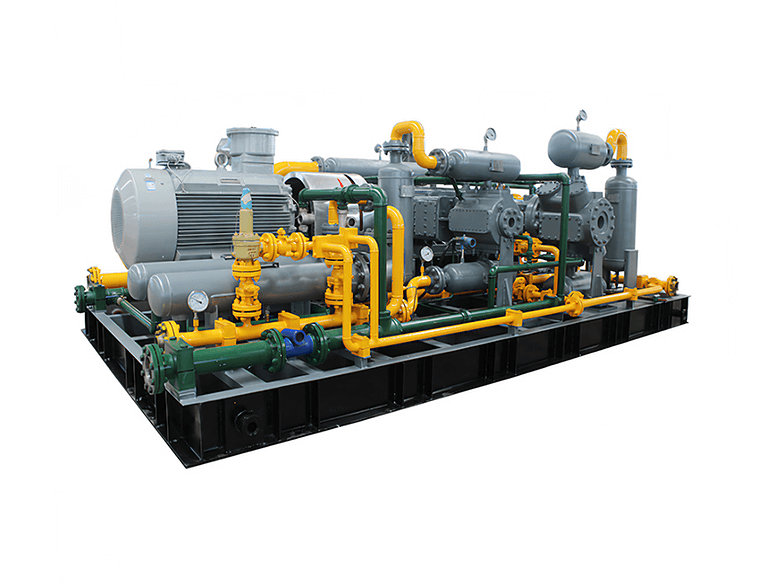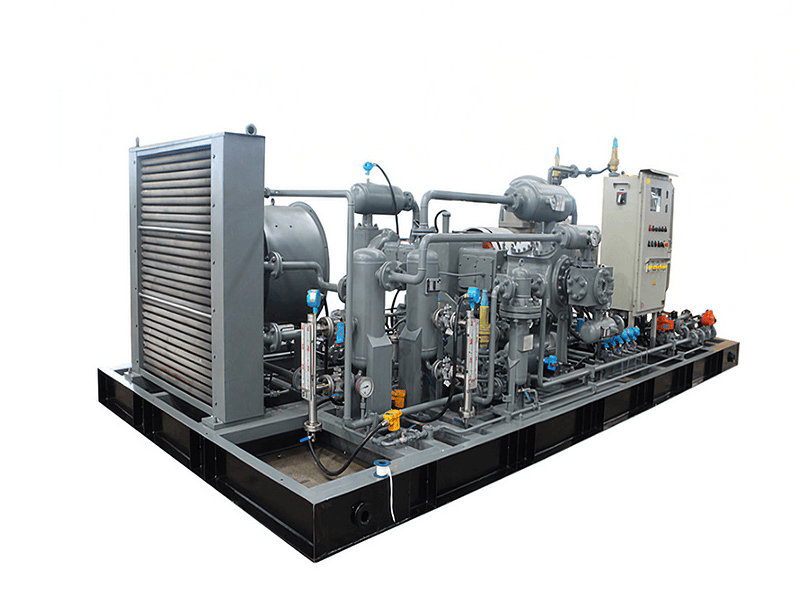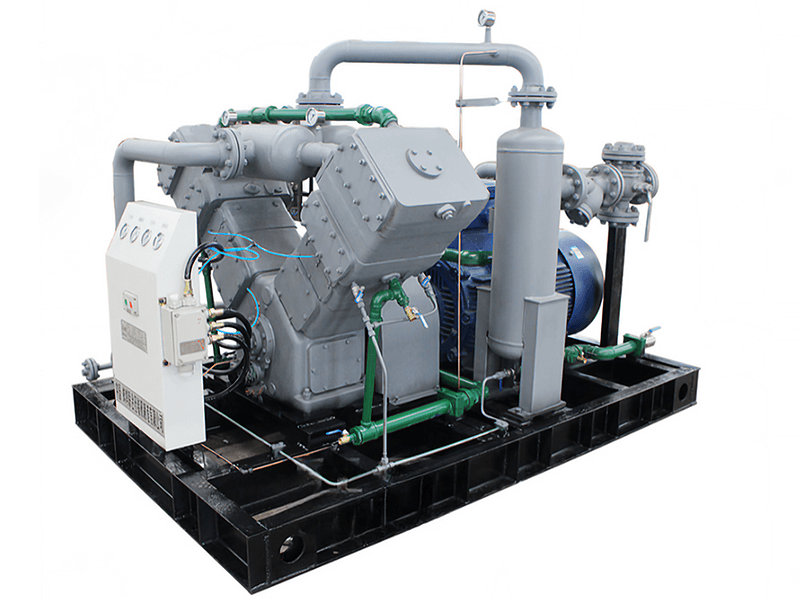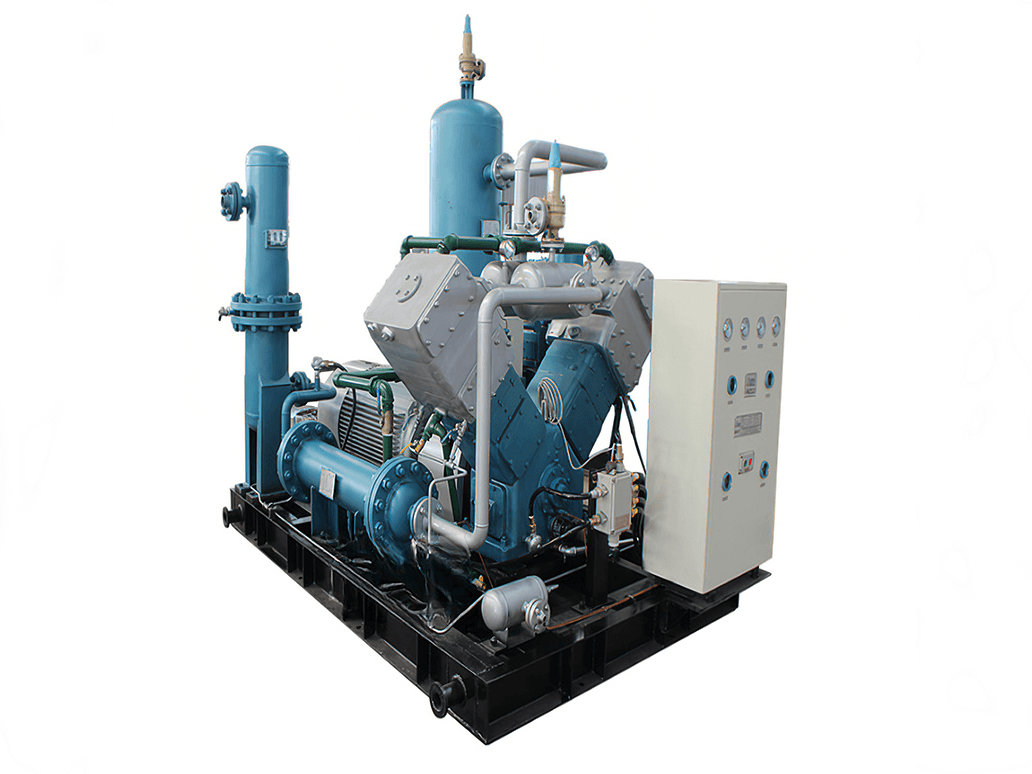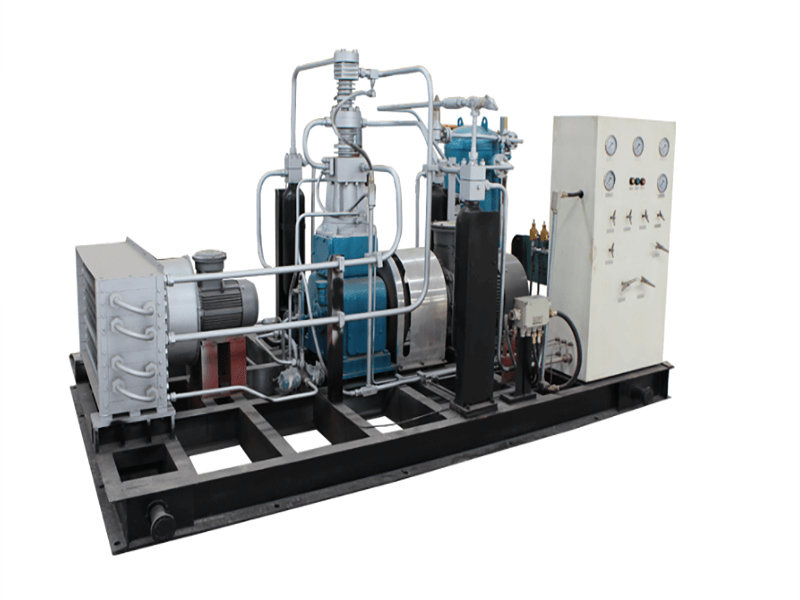The recycling of boil-off gas is an important practice to minimize product losses and reduce environmental impact. Boil-off gas can be recycled and utilized in various ways depending on the specific gas and its composition. Here are a few common methods of recycling boil-off gas:
1. Re-liquefaction: In the case of liquefied gases like LNG and LPG, boil-off gas can be compressed, cooled, and re-liquefied to return it to its liquid state. This process involves using refrigeration systems to lower the temperature of the gas, condense it back into a liquid, and return it to the storage or transportation system. By re-liquefying the boil-off gas, it can be effectively recovered and reused, minimizing product losses.
2. Fuel for Power Generation: Boil-off gas, especially from LNG, can be used as a fuel source for power generation. The gas can be combusted in a gas turbine or used in a combined cycle power plant to produce electricity. This utilization of boil-off gas as a fuel helps offset the need for other energy sources and reduces emissions associated with conventional power generation methods.
3. Heating Applications: Boil-off gas can be utilized as a source of heat in various industrial processes. It can be used for heating purposes in facilities or as a fuel for industrial boilers or furnaces, replacing conventional fuels like natural gas or fuel oil. This helps conserve other energy sources and reduces greenhouse gas emissions.

4. Process Fuel and Feedstock: Depending on the composition of the boil-off gas, it can be utilized as a process fuel or feedstock in certain industrial processes. For example, methane-rich boil-off gas from LNG can be used as a feedstock for chemical synthesis or as a fuel in industrial processes that require high-temperature heat.
5. Injection into Gas Pipelines: Boil-off gas can be compressed and injected into natural gas pipelines for distribution and utilization in other applications. This allows for the integration of boil-off gas into the existing natural gas infrastructure and its utilization in various sectors, such as residential, commercial, or industrial applications.
6. Refrigeration System Pre-Cooling: Boil-off gas can be used to pre-cool the refrigeration system that maintains the low temperatures required for storing liquefied gases. By utilizing the cold boil-off gas to cool down the incoming gas or liquid streams, energy efficiency can be improved, reducing the overall energy consumption of the system.
7. Liquefied Gas Vapor Combustion: Boil-off gas can be burned in a flare system or specially designed combustion equipment to prevent its release into the atmosphere. This controlled combustion converts the gas into carbon dioxide and water vapor, reducing its environmental impact. Flare systems are commonly used in liquefied gas terminals or processing plants to safely combust and dispose of the boil-off gas.
8. Gas Purification and Recovery: Boil-off gas can be purified to remove impurities and recover valuable components. For example, in the case of LNG boil-off gas, processes such as cryogenic distillation or adsorption can be employed to separate and recover methane from other components present in the gas. This recovered methane can then be used as a fuel or feedstock in various applications.
9. On-Site Power Generation: Boil-off gas can be utilized as a fuel source for on-site power generation at liquefied gas storage facilities or processing plants. By using the boil-off gas to generate electricity on-site, the facility can meet its own energy needs and reduce reliance on external power sources, resulting in cost savings and increased energy efficiency.
10. Conversion to Value-Added Products: Depending on the composition of the boil-off gas, it can be further processed to produce value-added products. For example, methane-rich boil-off gas can be subjected to processes such as methanation or methanol synthesis to produce methane-based fuels or chemicals. This conversion adds value to the boil-off gas and provides opportunities for diversification of product streams.
These recycling methods contribute to the efficient utilization of boil-off gas, reducing waste, minimizing environmental impact, and promoting energy conservation. The specific approach chosen depends on factors such as the composition and volume of the boil-off gas, available infrastructure, and the economic viability of the recycling process.




